detail profile arturo ripstein
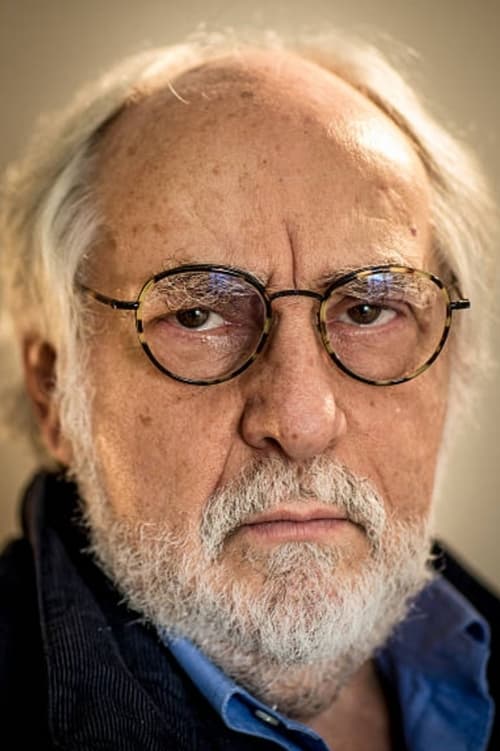
Arturo Ripstein
Arturo Ripstein Rosen
atau dikenal sebagai
Riwayat Hidup
Arturo Ripstein y Rosen (born December 13, 1943) is a Mexican film director.
Ripstein got his break into movies working as an uncredited assistant director for Luis Buñuel.
In 1965, he directed his first feature, Tiempo de Morir.
Written by Carlos Fuentes and Gabriel García Márquez, it began a tradition of making independent films written by high-profile Latin-American authors.
His 1981 film Seduction was entered into the 12th Moscow International Film Festival.
His 1989 film Love Lies was entered into the 16th Moscow International Film Festival.
In 1997 Ripstein won the National Prize of Arts and Sciences, the second filmmaker after Buñuel to do so.
Some of Ripstein's films, especially the earlier ones, "highlighted characters beset by futile compulsions to escape [their]destinies".
Many of his films are shot in tawdry interiors, with bleak brown color schemes, and seedy pathetic characters who manage to achieve a hint of pathos and dignity.
Asi Es la Vida, according to Jonathan Crow, "boldly reworks the ancient Greek drama Medea, employing a dizzying array of flashbacks and Brechtian devices".
Deep Crimson, according to the New York Times, is "a ferociously anti-romantic portrait of an obese nurse and a seedy small-time gigolo whose bungling scheme to swindle a succession of lonely women out of their life savings turns into a killing spree.
"
Info Pribadi
Peran Yang Di Mainkan Arturo Ripstein
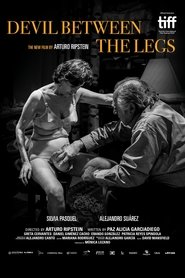 Mexico City Every day Beatriz is...
Mexico City Every day Beatriz is...Devil Between the Legs 2019
Mexico City. Every day, Beatriz is insulted and humiliated by her jealous husband, but she does not flee his side because they have created a codependency and, at least for her, she would not conceive of her life any other way: by dint of feeling humiliated, she feels desired and desirable.
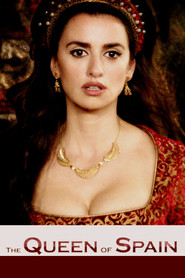 After her experiences in Nazi Germany...
After her experiences in Nazi Germany...The Queen of Spain 2016
After her experiences in Nazi Germany, actress Macarena Granada traveled to Hollywood, where she became a star. In the 1950s, the diva returns to Francoist Spain to star a Hollywood blockbuster about Queen Isabella I of Castile. (A sequel to The Girl of Your Dreams, 1998.)
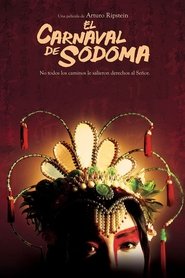 In a seedy brothel their frustrations...
In a seedy brothel their frustrations...Crazy Carnival 2006
In a seedy brothel, their frustrations parade: A poet who has never published, a revolutionary who came late to history, a provocative angel, a bureaucrat with delusions of a dancer, a greedy Chinese man and his timorous wife, Monica, a prostitute with low professional esteem, a group of prostitutes of dubious sensuality and, finally, a priest with a stench of holiness and another with redeeming instincts. But a stranger with the air of a princess appears, and upsets the balance of the establishment.
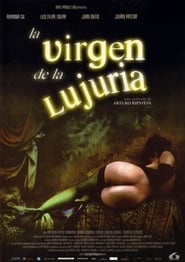 In Vera Cruz in the 1940s...
In Vera Cruz in the 1940s...The Virgin of Lust 2002
In Vera Cruz in the 1940s, Nacho, an Indian, waits tables at Don Lázaro's café at Hotel Ofélia. He falls for Lola, an opium-addicted, alcoholic whore who's hopelessly in love with Gardenia Wilson, a masked wrestler who slept with her once but knows she's unbalanced. Don Lázaro warns Nacho about Lola, and Nacho knows his love will be unrequited, but he'll do anything, regardless of how degrading, to be near her. Lola, for her part, can be sadistic. Republican exiles who are regulars at the café encourage Lola's desire to assassinate Franco. Nacho in turn mixes this political mirage with his fascination with the plot of "The Mikado." Where do fantasies and obsessions lead?
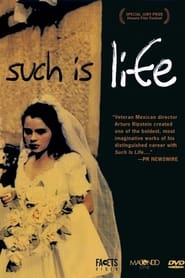 After her husband leaves her for...
After her husband leaves her for...Such is Life 2000
After her husband leaves her for a younger woman, Julia plans her revenge with the help of her grandmother.
 Surrealist master Luis Buuel is a...
Surrealist master Luis Buuel is a...Speaking of Buñuel 2000
Surrealist master Luis Buñuel is a towering figure in the world of cinema history, directing such groundbreaking works as Un Chien Andalou, Exterminating Angels, and That Obscure Object of Desire, yet his personal life was clouded in myth and paradox. Though sexually diffident, he frequently worked in the erotic drama genre; though personally quite conservative, his films are florid, flamboyant, and utterly bizarre.
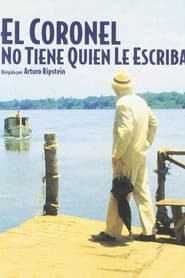 Every Friday the Colonel puts on...
Every Friday the Colonel puts on...No One Writes to the Colonel 1999
Every Friday, the Colonel puts on his only suit and goes to the dock to await a letter announcing the arrival of his pension. But the townsfolk all know that this pension will never come. His wife also knows it, and even he knows it. But he is still waiting, living with the pain of the death of his son.
 The legendary life of Mexican singer...
The legendary life of Mexican singer...The Queen of the Night 1994
The legendary life of Mexican singer Lucha Reyes is the basis of this fictionalized biography ( or as director Arturo Ripstein puts it "an imaginary biography"). Lucha Reyes was an unconventional, and sexually liberated woman, most famous for her "cancion ranchera" style singing. Her story begins in 1939, where at 33 she still lived at home with her mother, Dona Victora, the madame of a renowned Mexico City whorehouse. Lucha marries the liberal Pedro Calderon and then buys a beggar's daughter. She becomes the mother to this child, Luzma. Lucha craves lasting love like junkies crave heroin. But for her loyal daughter, she never finds it and in the end no one can help her.
 Narration of one of the bloodiest...
Narration of one of the bloodiest...Cuartelazo 1977
Narration of one of the bloodiest episodes of the Mexican national history, The Tragic Ten, beginning when General Victoriano Huerta sent to kill President Francisco I. Madero, Vice President José María Pino Suárez and Senator Belisario Dominguez. The film recreates the moment of the execution at the hands of Huerta and his accomplices Bernardo Reyes, Félix Díaz and Manuel Mondragón.
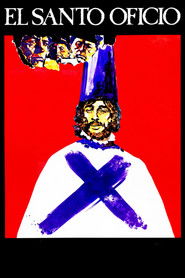 A plague is spreading through 16th...
A plague is spreading through 16th...The Holy Inquisition 1974
A plague is spreading through 16th century Mexico, and the Inquisition of the Roman Catholic Church is rooting out Jews, for they are believed to be its cause. At his father's funeral, a monk observes his family practicing Jewish burial rite, and he reports them, leading to devastating consequences for the whole family.
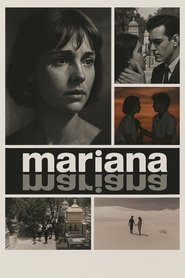 As a teenager and student at...
As a teenager and student at...Mariana 1968
As a teenager and student at a convent school, young Mariana runs away with her boyfriend, provoking the wrath of her father who sends her to Switzerland for ten years.
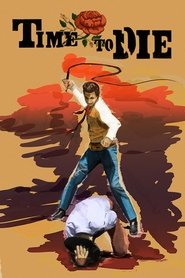 A man comes home after serving 18...
A man comes home after serving 18...Time to Die 1966
A man comes home after serving 18 years in jail for murder in this routine western. Although the man killed in self defense, rumors in town circulated that he murdered the victim in cold blood. The ex-con wants to get his life together, but the two sons of the slain man are gunning for the man who killed their father.
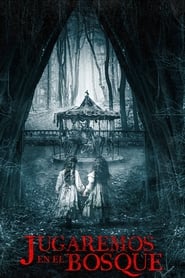 After the death of his son...
After the death of his son...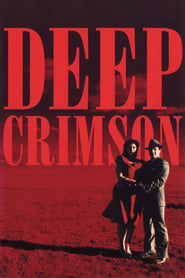 Driven by desire and desperate for...
Driven by desire and desperate for...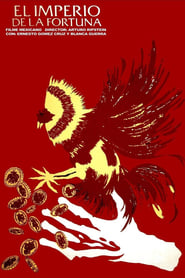 Poor Dionisio finds himself as recipient...
Poor Dionisio finds himself as recipient...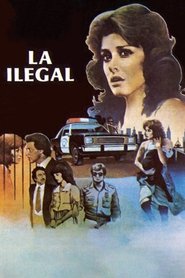 Deceived over and over again by...
Deceived over and over again by...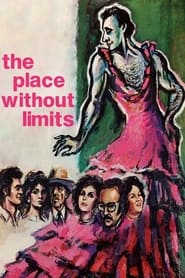 Family honor greed machismo homophobia and...
Family honor greed machismo homophobia and...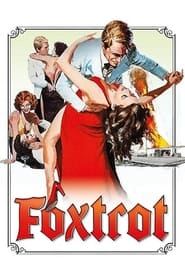 A Romanian aristocrat retreats to a...
A Romanian aristocrat retreats to a...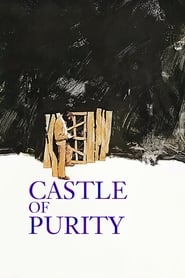 A disciplined and sexually driven man...
A disciplined and sexually driven man...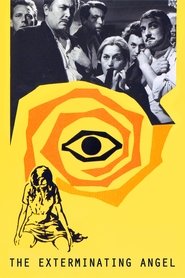 A formal dinner party starts out...
A formal dinner party starts out...